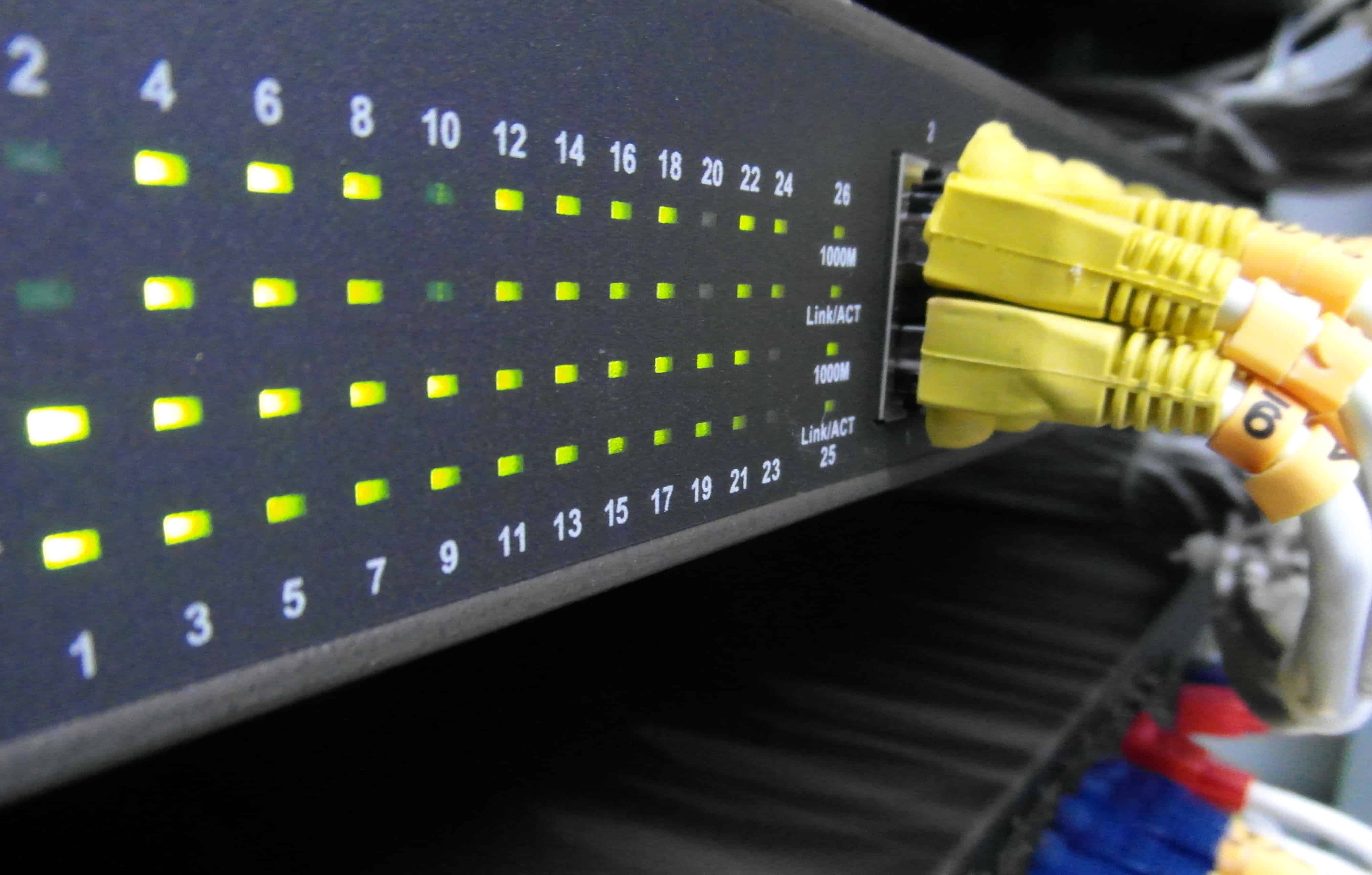The Basics of Web Hosting: Hosting 101

Much like your business, your website has to have an “office”, a physical space in which to live, because you can’t just be online. To actually function on the Internet, your website has to be on a specialized computer server, the brick and mortar of the digital sphere. Finding a website hosting service is the first step to having a web presence, but how you use it is up to you!
Web Hosting Servers: Your Physical Internet Address
The Internet seems like a gigantic, amorphous cloud of data, but there’s so much more hardware behind it than you think. The Internet isn’t satellites and digital files zipping around in the air until it’s requested by a browser – it’s an interconnected system of wires, hardware, and data centres. One of the most important components of this world-wide system is server infrastructure. Servers hold the files, like HTML, videos, pictures and documents that make up the content of your site, and these physically exist at a location.
 Because your website is stored on a server, it has an actual address within that server. The “phonebook” of the web is known as the Domain Name System or DNS, and it shows the “route” between your URL and the server’s location. The DNS matches the names with numbers known as Internet Protocol (IP) addresses, and your browser pulls up the information from the server. All this in a few seconds! It’s pretty incredible, but you really shouldn’t have to learn the intricacies yourself. This is where server hosts come in.
Because your website is stored on a server, it has an actual address within that server. The “phonebook” of the web is known as the Domain Name System or DNS, and it shows the “route” between your URL and the server’s location. The DNS matches the names with numbers known as Internet Protocol (IP) addresses, and your browser pulls up the information from the server. All this in a few seconds! It’s pretty incredible, but you really shouldn’t have to learn the intricacies yourself. This is where server hosts come in.
Who Does The Server Hosting?
The physical servers are connected to the rest of the web with fibre optic, high-speed connections that guarantee uptime at all hours of the day. You can do this from your home, but you’ll have a much lower connection quality than a company that does this professionally. Plus, it’s pretty expensive for a small business! Dedicated server providers make web hosting services accessible to small businesses without them having to break the bank on the necessary hardware. There’s also the matter of upkeep. Keeping a server going 24/7 means hard security, constant power, security, and repairs to the hardware. Dedicated hosts ensure that the servers don’t crash because it’s important for your website to stay up at all hours.
Some platforms, like Shopify and other template website builders, host sites for users, but this just explains the  limitations users have with these services. These builders are also vulnerable to security issues, as hackers often target common template websites looking for weaknesses to easily exploit. The host server needs to be secure and stable, but the larger the host, the more appealing the target!
limitations users have with these services. These builders are also vulnerable to security issues, as hackers often target common template websites looking for weaknesses to easily exploit. The host server needs to be secure and stable, but the larger the host, the more appealing the target!
Small business websites can’t live with limitations or unnecessary expenses. Hosting is a necessary service, but you should only go into it with a company you can rely on for security and stability. So why not choose a host that does it all? SlyFox offers safe web hosting for Canadian sites for $12 a month, on top of all our other digital media services. The server should be part of a complete, secure package you can trust!